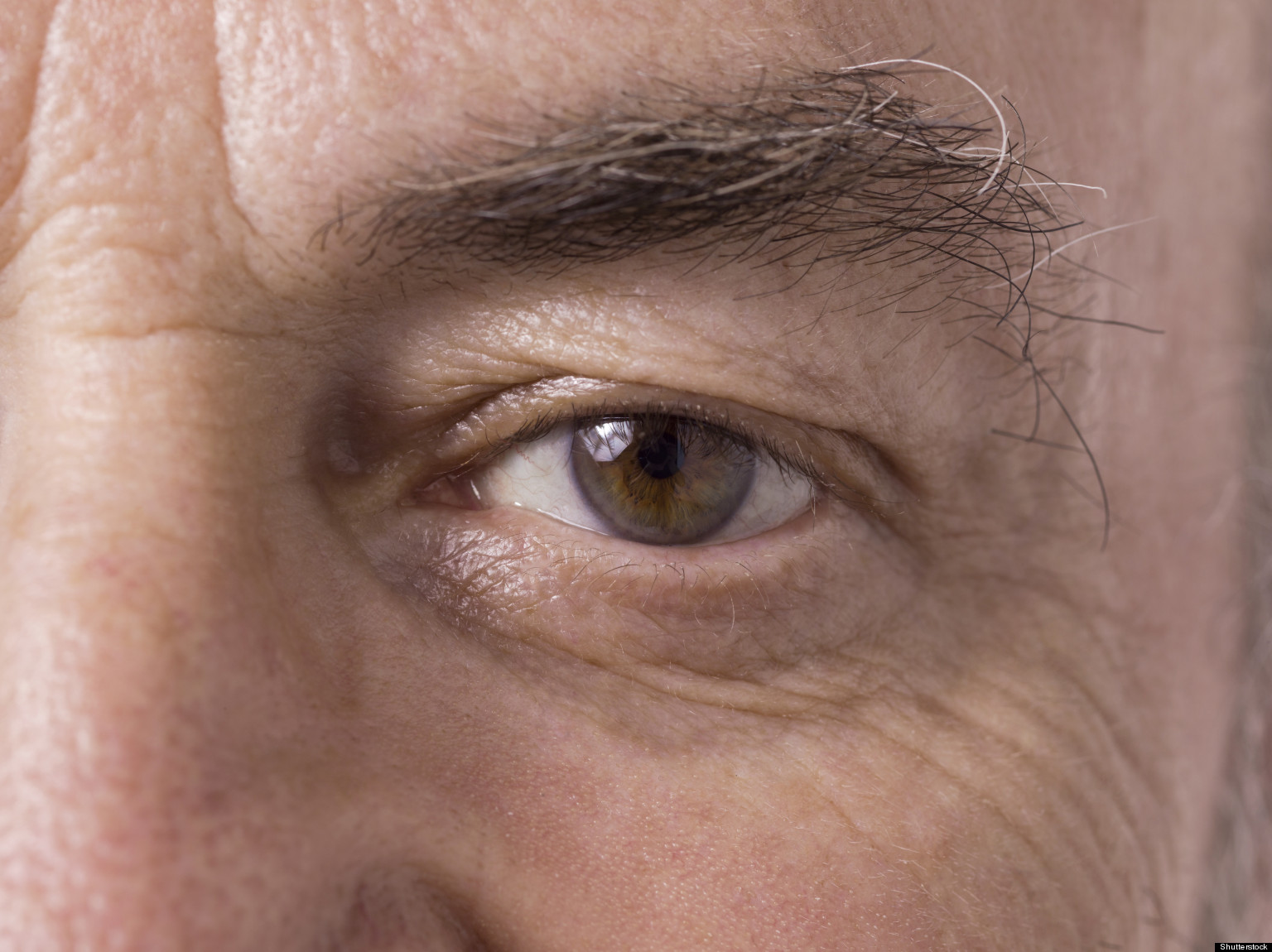 |
| Image Source: huffingtonpost.com |
Macular degeneration is a common eye condition referring to the slow and painless deterioration of the central potion of the retina (macula). There are many types of macular degeneration, although the most common is known as AMD, or age-related macular degeneration. As the name suggests, this eye condition affects the elderly and is considered the leading cause of vision loss among Americans 60 years and older. AMD typically affects both eyes, though the appearance and severity of the condition could vary between the two eyes.
Currently, there is no cure for AMD, although several treatment options may be considered, depending on the type of age-related macular degeneration an individual has.
Dry AMD: This is the most common form and its onset is very slow. Individuals usually do not go completely blind and peripheral vision is rarely affected. Treatment plans usually revolve around minimizing the effects of dry AMD and involve low vision clinics. These health facilities would typically recommend corrective suggestions such as magnifying lenses, buying large print books, and using intensive reading lights.
 |
| Image Source: opticianonline.net |
Wet AMD: This is less common but more aggressive and can result in severe central vision loss. There are two main treatment options for this. The first is Anti-VEGF (vascular endothelial growth factor) which prevents the growth of new blood vessels in the eye. This medication is injected into the eye using a very fine needle. This treatment, however, is still under research as not everyone reacts to the medication the same way. The other treatment option is laser surgery, which destroys abnormal blood vessels in the eye. While this stops the spread of wet AMD for a while, this is not a cure and should only be a last resort.
 |
| Image Source: eyeconsultants.net |
Scientists and health professionals are still working on developing a cure for either type of AMD, although to date, there are only options for managing them. Ophthalmologists are, therefore, encouraging preventive measures to minimize the risk of acquiring such a debilitating condition.
Dr. Hitesh K. Patel is a renowned ophthalmologist in Edison, New Jersey. Learn more about eye health by following this Twitter account.


